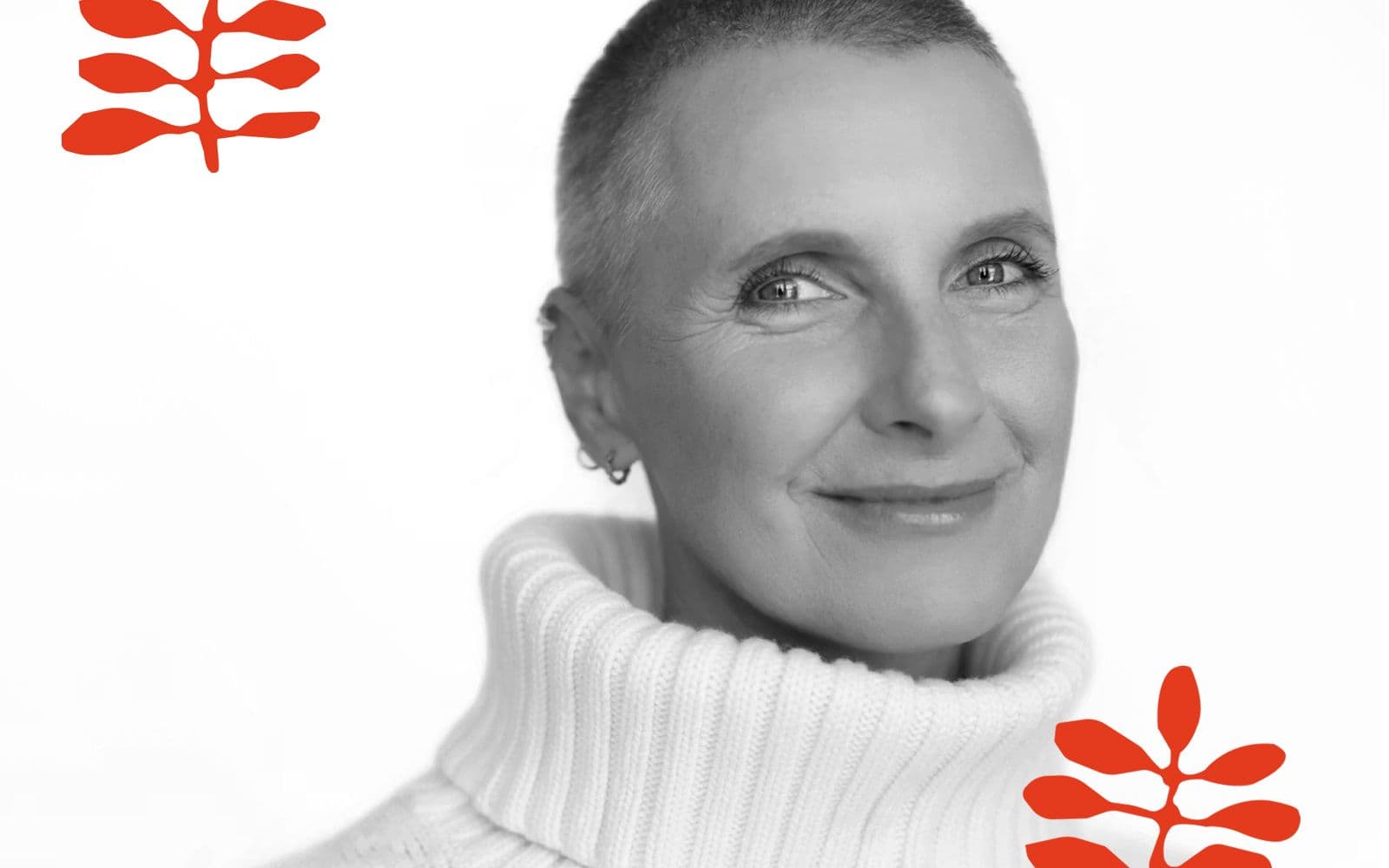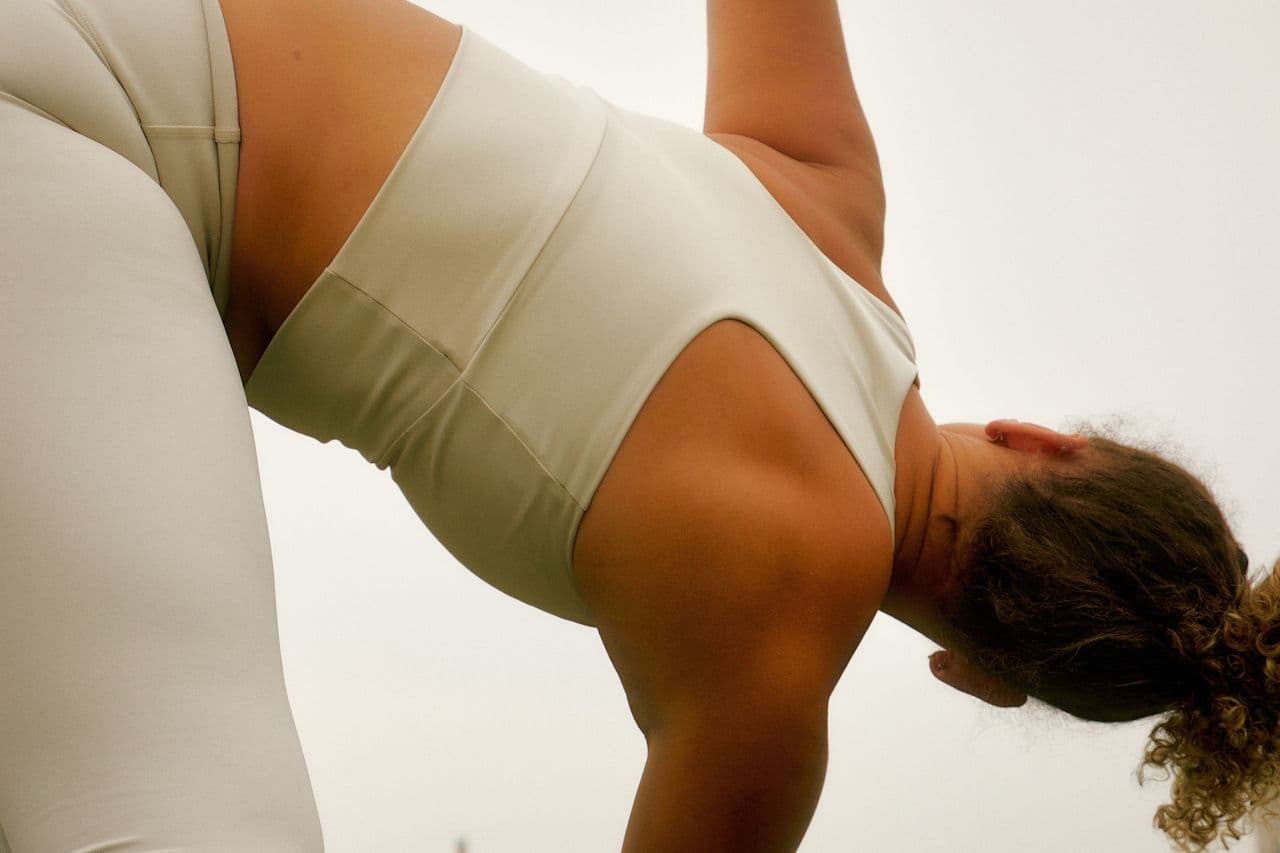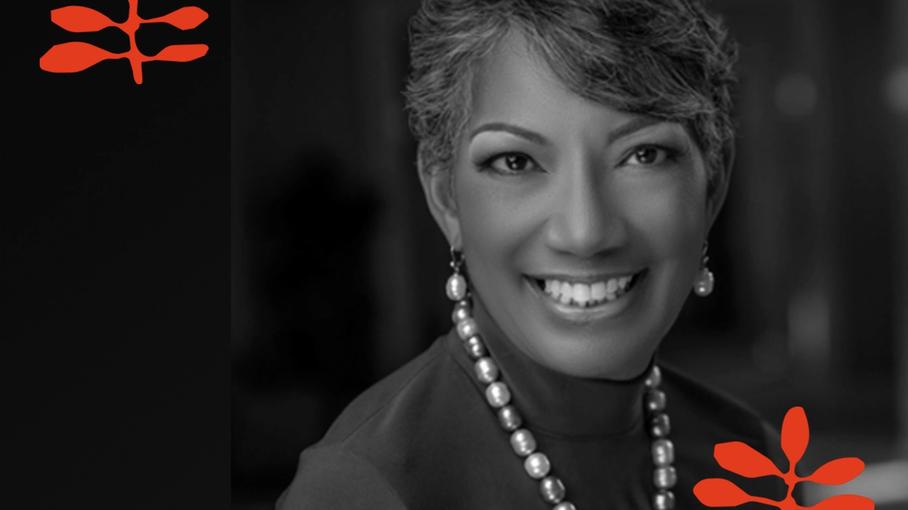In this as-told-to, Jamie*, a doctor in Philadelphia, 30 at the time of treatment, talks about navigating a gender-affirming top surgery and cancer-preventing double mastectomy.
I have a crazy family history of cancer, specifically breast cancer. My mom got DCIS [a breast cancer in the milk ducts] when she was 40. Multiple other people in my family had gotten breast cancer various times.
I had gone to med school, and I was like, ‘Okay, I need to start getting mammograms 10 years before my relative got cancer.’ I had already gotten BRCA testing when I was younger, just to make sure. Everybody in my family did the testing, but none of us have it.
The genetic counselor recommended getting life insurance and disability insurance before getting genetic testing. I tried to do that, but I was disqualified because I was honest about the amount of edibles that I took, and they were not into that.
The genetic counselor did the model and there was a 55% chance of breast cancer; and I was like, ‘Cool, they're leaving my body tomorrow.’
I’ve also experienced dysphoria in that general body region since they [breasts] arrived. I’d always been thinking maybe I want to have top surgery at some point. I was aware that in conventional top surgery, they don’t remove all the tissue [that would be vulnerable to cancer]. I wanted to be careful about what I did and talk to all the right people before I pursued it. I needed a team that was on board with both the cancer-risk-reducing surgery and the gender stuff.
I met with this high-risk breast cancer oncologist. He was saying, ‘You're going to need to get an MRI every year and a mammogram every year, alternating six months until you have menopause if you don't have a surgical removal.’ I was like, ‘That sounds terrible.’ And he was like, ‘No, it's fine, people do it all the time.’ He did not understand the gender thing. [When I told him I wanted removal,] he was like, ‘Many women would regret that.’ It was a very invalidating and shitty experience. I both was and wasn't surprised. He was of a certain age where they weren't necessarily taught in medical school about trans people. To me, it seems reasonable to not want to sign up for 25 years of imaging every six months, with biopsy. I was like, ‘The genetic risk is high, so this is the right choice for me. It's important for me to not feel dysphoria. It's also important for me to not feel like I'm not going to get this crazy cancer.’
I think a lot of people don’t know that you don't have to do everything that the doctor tells you to do. There should be room for what's important to you.
At this point, I was like, I’ve wanted to get top surgery for years; I have evidence that my risk is high enough this will negatively impact my life, and I feel extremely clear about what I want. I ultimately am not here to listen to this man's advice.
I felt like, Here's this man telling me what I should do with my body. It's hard to be half-naked with an older man who's telling you what to do. I don't know if I hadn't been in that specific moment in my life or the person that I am if I would have been comfortable saying no to him. Probably other people may not.
I was coming in very clear about what matters to me and my values, and he was not listening to me. That was disappointing and surprising, because usually doctors should try to understand what the patient’s goals are, and he did not really seem interested in hearing that. I have a pretty good understanding of, like, the way the medical system works. I’m mostly working with kids who have complex medical issues where there's no clear, straightforward answer. And so I'm very used to being like, ‘Okay, well, this is a gray area. You could do this or this. What's important to you? Let's make a decision based on that.’ I think a lot of people don’t know that you don't have to do everything that the doctor tells you to do. There should be room for what's important to you.
Getting such positive reinforcement from both of [of my surgeons], where the breast surgeon was like, ‘can't wait to delete your cancer risk,’ and the plastic surgeon was like, ‘can't wait to help you look and feel the way you want to.’
Eventually I cajoled him into referring me to the surgeon, but he didn't seem that happy about it. I told my new surgeon [about this interaction with him]. After the surgery, she was like, ‘By the way, I'm going to email him and let him know that your cancer risk is now like zero, thanks to me.’ He was a bad boy. But everyone else after that was totally fine.
For the surgery, I actually had two surgeons. I had a breast surgeon who was going to remove my risk of cancer. She was okay with the gender stuff, but she knew that [part of the surgery] wasn't her forte. She referred me to a plastic surgeon who was wonderful and extremely trans-competent. I was like, ‘I was referred to you because I'm nonbinary, and I’ve been considering top surgery, but I wanted to make my cancer risk go away.’ She was like, ‘We can do whatever feels right for you.’ Getting such positive reinforcement from both of them, where the breast surgeon was like, ‘can't wait to delete your cancer risk,’ and the plastic surgeon was like, ‘can't wait to help you look and feel the way you want to.’ I was obsessed with them. They were my mommies. And they did such a nice job. I'm so happy.
It’s funny to read the surgical report. The plastic surgeon came in first and removed my nipples and put them on ice. And then the breast surgeon removed all the tissue, and the plastic surgeon came back in and made it look nice and put the nipples back on. And then this was my favorite part: they actually sat me up to make sure that it looked symmetric, then they laid me back down. I was laughing when I read that; I thought it was really funny.
[After the initial surgery,] [the plastic surgeon] wanted to keep going, which was crazy. I went in for the post-op, she was like, ‘We could take fat from one place and put it above your pecs so that it looks more contoured, if that would be affirming to you.’ And I was like, ‘Appreciate that so much, and I think I'm done.’
I think I felt a little bit overwhelmed, like, we're starting to do things for aesthetic reasons, and I was like, ‘I’m not gonna go down that road, because that feels kind of scary somehow.’ But yeah, it was odd to be going to the doctor and her being like, ‘What do you want to look like?’
I think in retrospect, I would have had someone come with me to the high risk appointment; especially in the decision-making appointments to help you remember. And I wish I had someone else in the visit with that guy to be like, fuck you, or to at least witness the conversation.
For the surgery, I didn't do any specific preparation. Maybe I should have, but recovery was fine. I was in some pain and bad at remembering to take my pain medications. Mostly I felt really good; I went to happy hour three days post-op, with my drains tucked behind my back. I had them in ‘sport mode’ a lot. With drains, I would put them in my shorts pockets, or safety pin them to [an] ACE wrap that I had around my waist or safety pin them to the back inside of my shirt a lot.
I did silicone strips for a bit, but then I was like, ‘actually, I’m done.’ I don't really care what my scars look like so I stopped.
I didn't like the feeling of not being able to do stuff for myself. I needed people for about a week. Having a second pair of hands for dressing changes is really helpful. There was one weekend where I had bought a watermelon and someone carried it home for me, and I really wanted to cut the watermelon, but I couldn’t. I'm uncomfortable asking for help, but I actually really needed it.
I think in retrospect, I would have had someone come with me to the high risk appointment; especially in the decision-making appointments to help you remember. And I wish I had someone else in the visit with that guy to be like, fuck you, or to at least witness the conversation.
The toughest parts were the nipple grafting (it was a little bit tedious), wound care, and some pain associated with the wound care. One day where I totally forgot to take pain meds and I had a panic attack because my heart was beating so fast from the pain. And wearing a compression vest in June was challenging. But I felt great and really happy.
I only got a Nintendo Switch afterwards, and I really wish I had gotten it before. I watched The Other Two and BEEF. It was right at the end of residency, so I felt like it was my perpetual vacation.
Overall, my thought is that I didn't really realize that it was okay for a young person to decide to do this surgery for multiple reasons. There’s not a lot out there, I guess, on young trans people who are having this surgery for two reasons. I felt like I was making my own way through it. This is a legitimate thing to ask for.
*This interview has been edited, condensed, and slightly reordered for flow; names and some identifying details have been changed at the subject’s request.









